Gary Wang
Selected Publications
- Review of Sporting Gender: Women, Athletes and Celebrity-Making during China’s National Crisis, 1931–45, by Gao Yunxiang. Asian Women 30.2 (2014): 113–6.
- “Making ‘Opposite-sex Love’ in Print: Discourse and Discord in Linglong Women’s Pictorial Magazine, 1931–1937,” Nan Nü: Men, Women and Gender in China 13.2 (2011): 244–347.
Honours, Awards and Grants
- Dr. David Chu Scholarship in Asia Pacific Studies
- Jackman Junior Fellowship in the Humanities
- Canada-China Scholars Exchange Scholarship
- Fukien Chinese Association Award
People Type:
Research Area:
- Art and visual culture of late-19th and early-20th century China
- Chinese popular press and print capitalism
- Gender, dress, film and material culture studies
- Image-text-sound issues
- History of Art History
- Historiography of modern China
Program:
Cohort:
My dissertation, “Modern Girls and Musclemen: Engendering Beauty in China’s ‘New Culture,’ 1917–1954,” examines the early-twentieth-century emergence of two gendered motifs in paintings, advertisements, pictorial magazines, and movies. The study considers how the relationship between these images and the neologism meishu (fine art) impacted pre-existing notions of mei (beauty), art, the body, and respectability. Other projects include “Manchuness and the Liangbatou, from Hairdo to Headpiece (1830s–1930s),” which historicizes the material evolution of a headdress worn by Manchu women that became increasingly conspicuous during the first decade of the 20th century. This was a period when anti-Manchu sentiment among Chinese intellectuals intensified and, in 1911, ended the Qing dynasty lineage of Manchu emperors who reigned in Beijing since conquering it in 1644.



